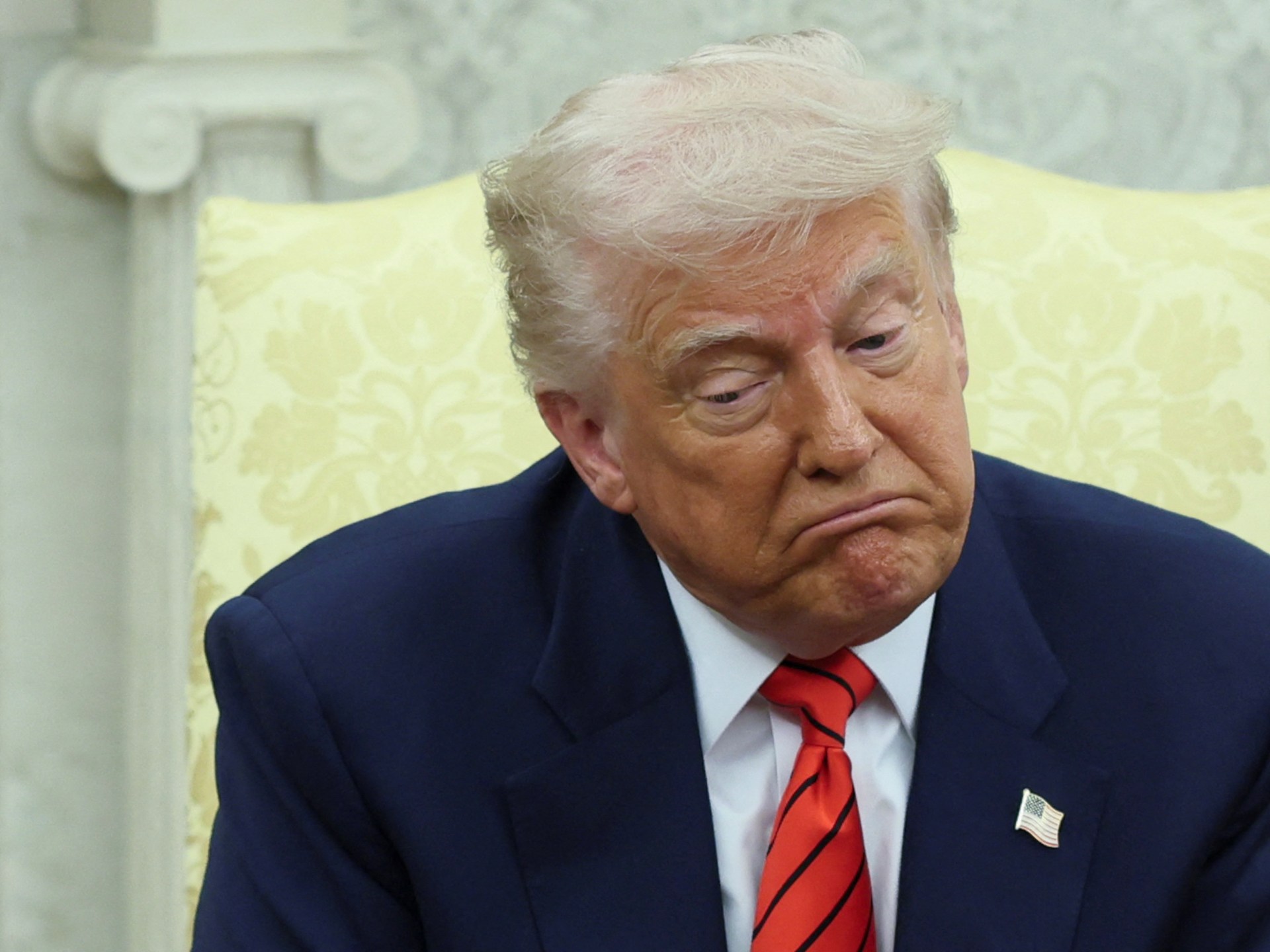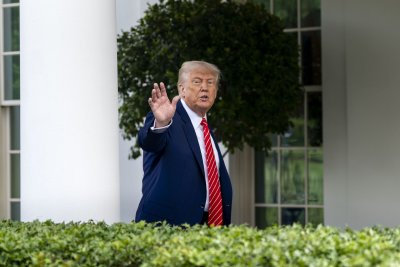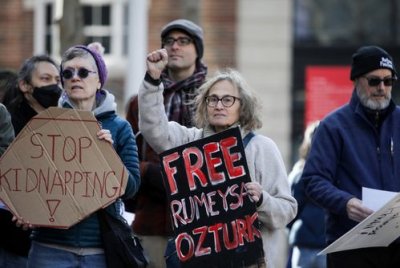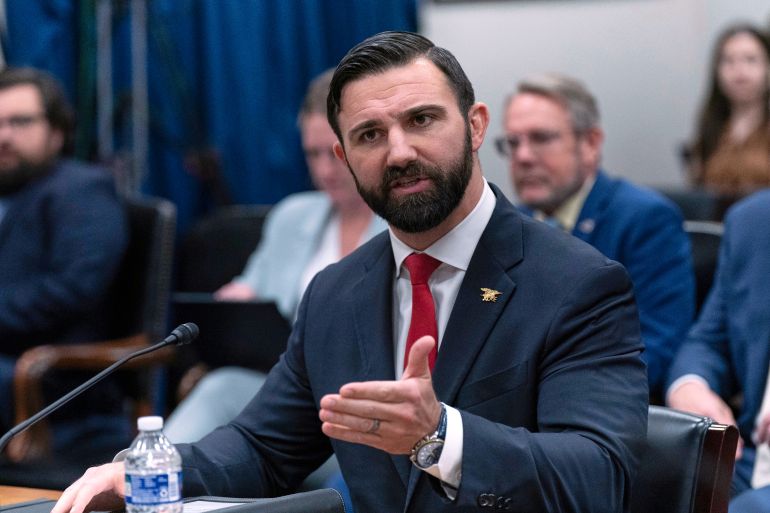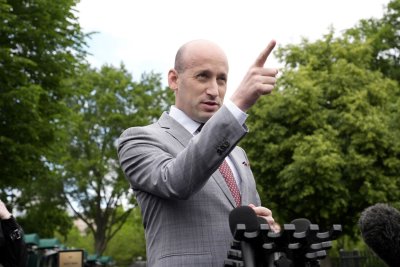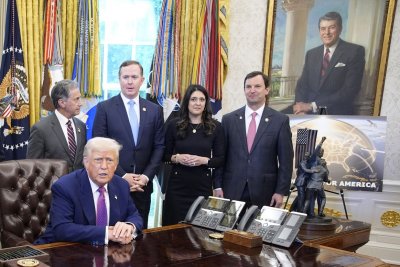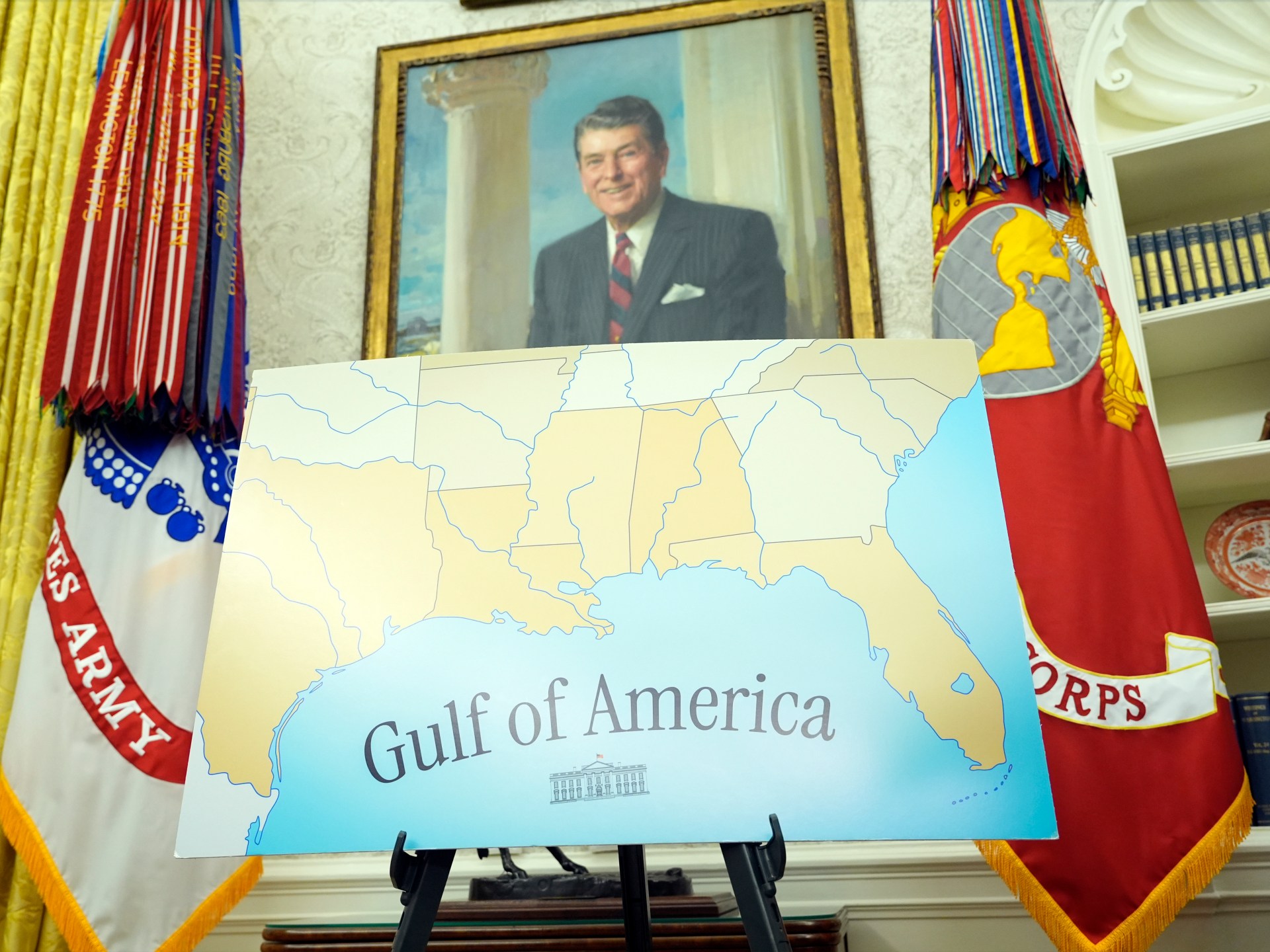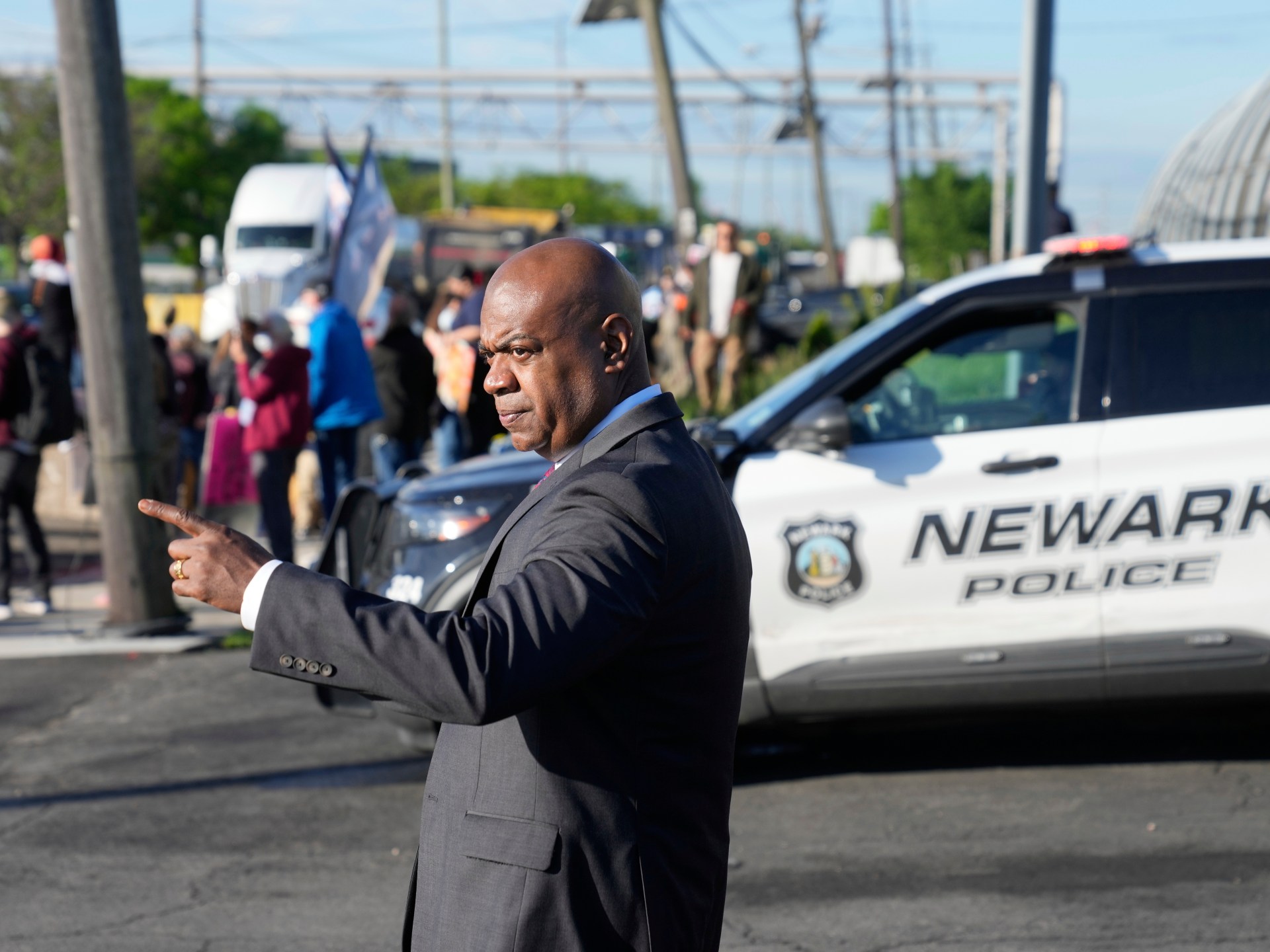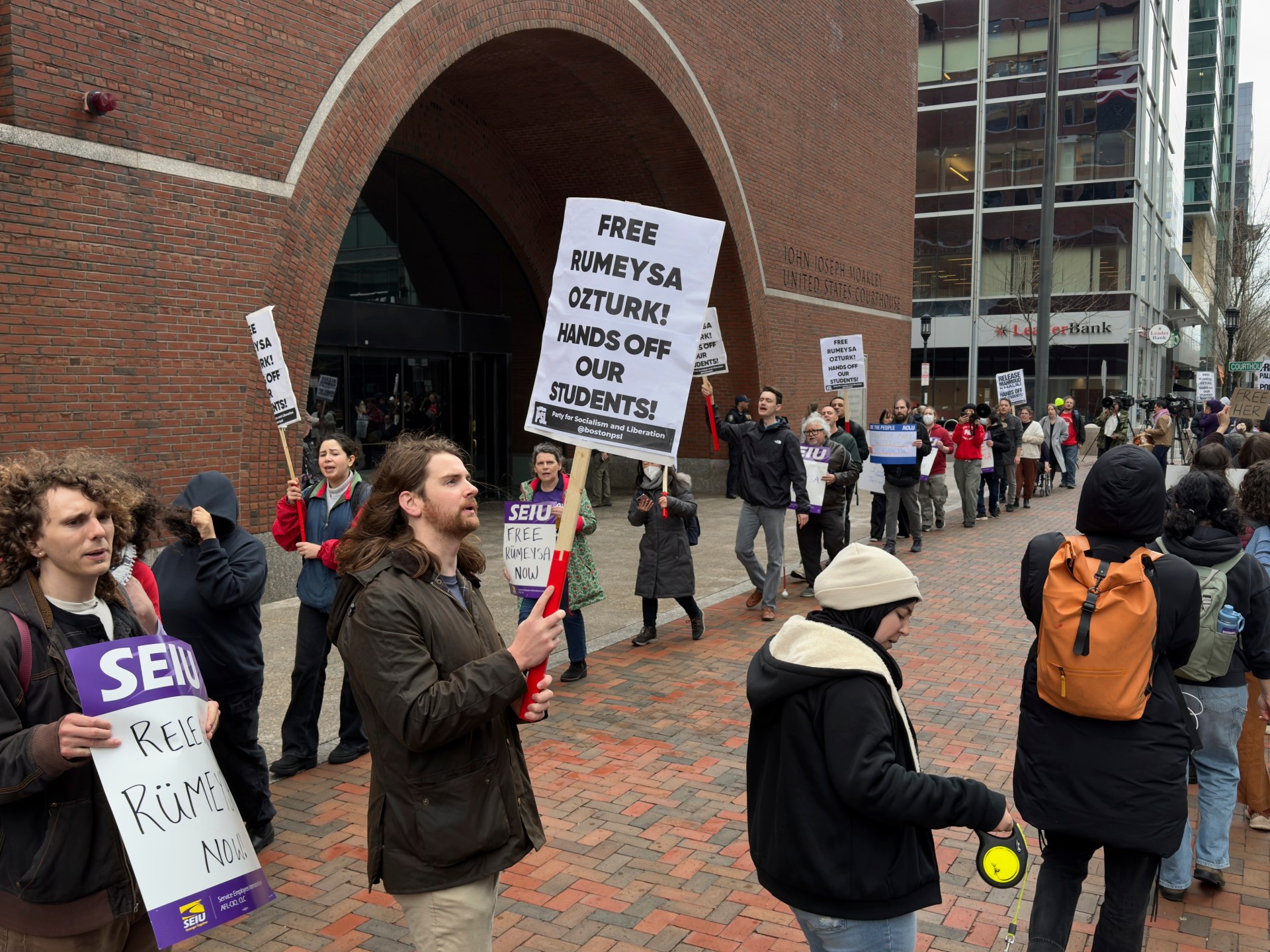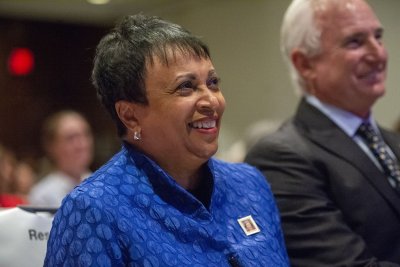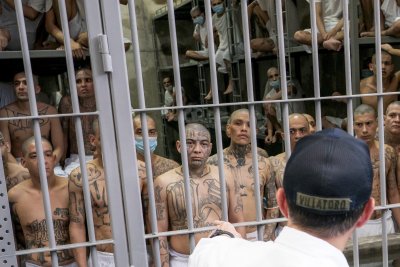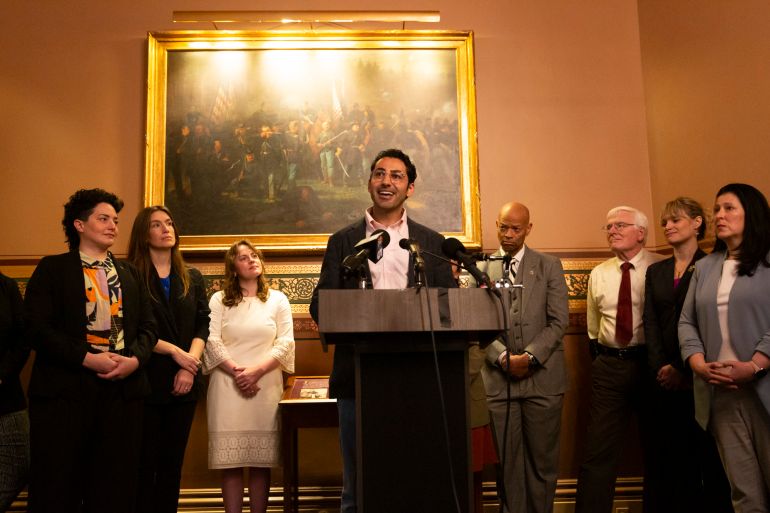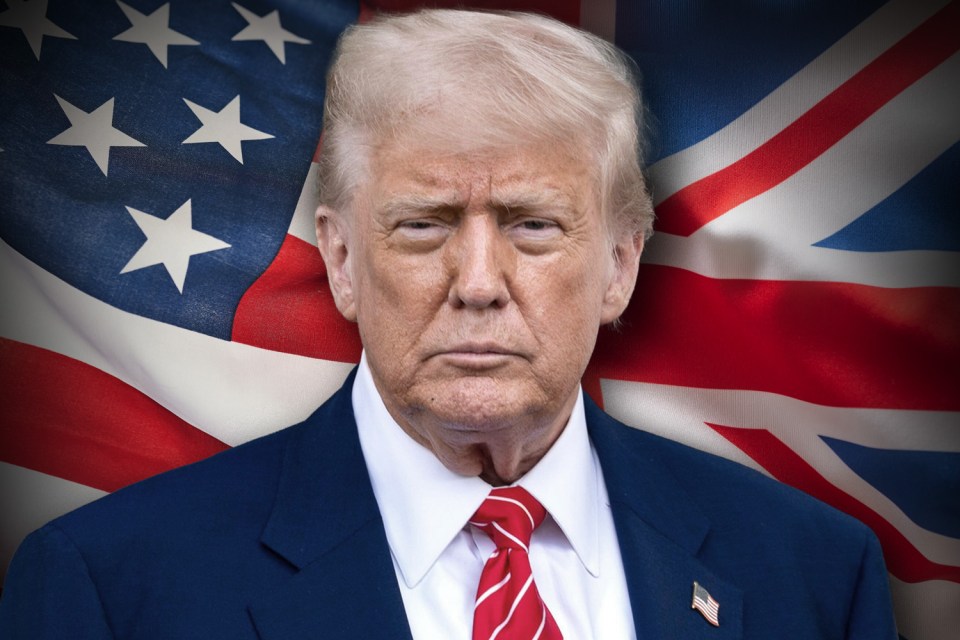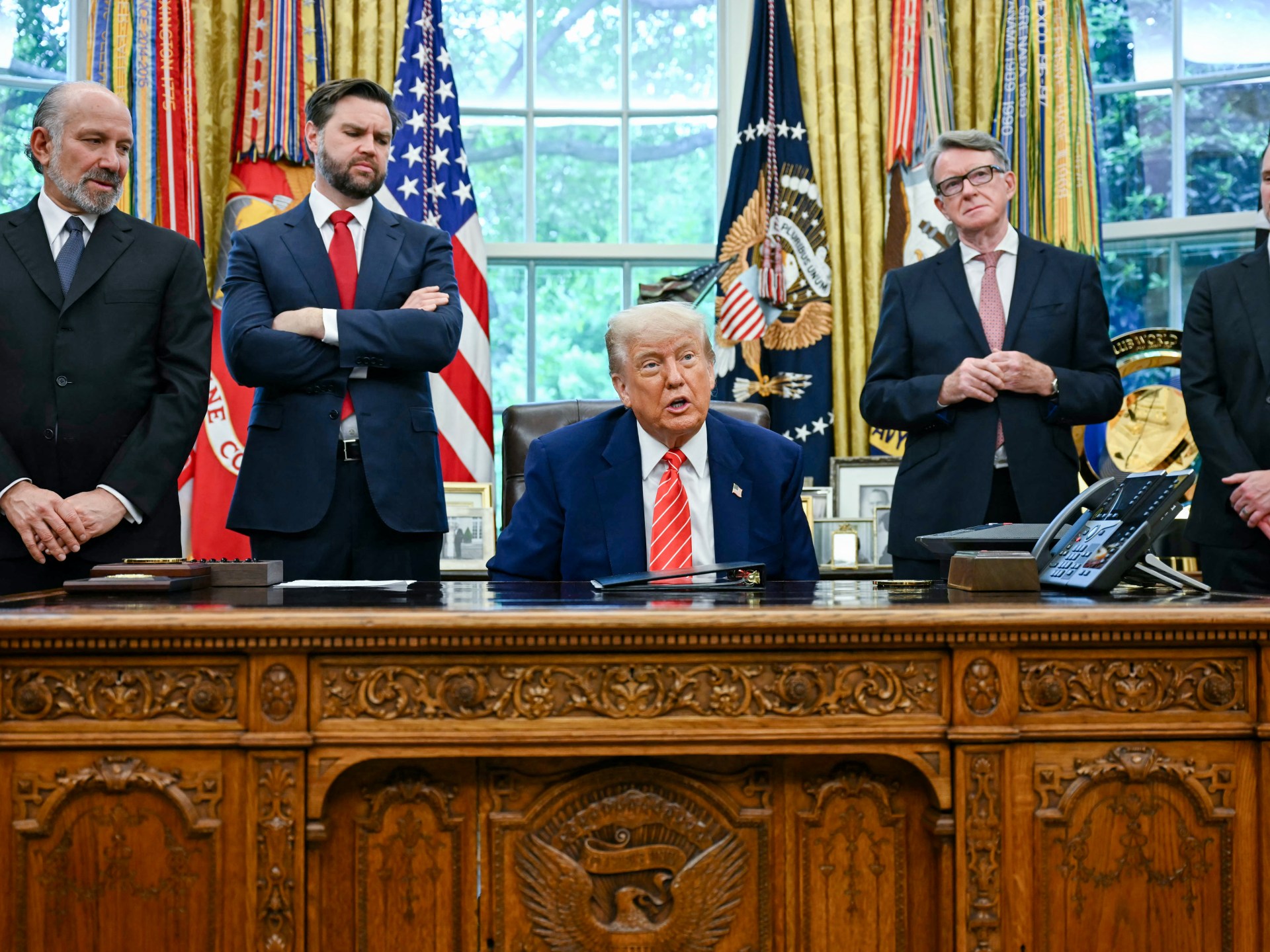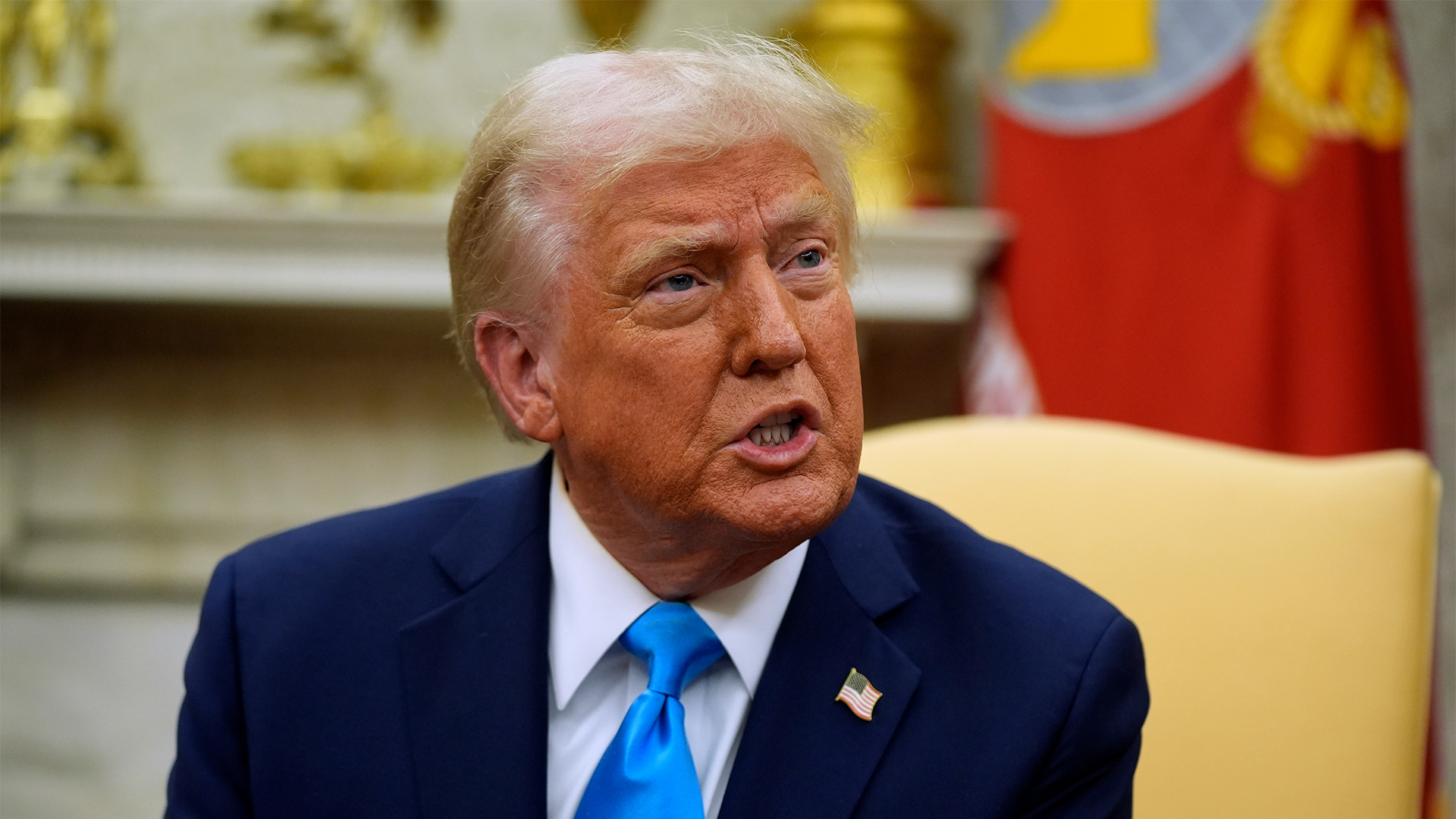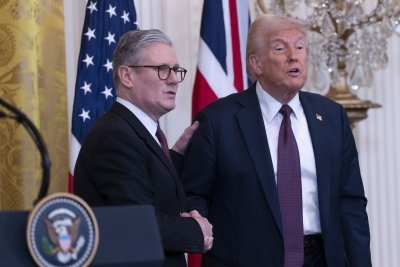US to fast-track investments from Middle East before Trump trip: Report | Donald Trump News
EXPLAINER
US is looking to fast-track investments by UAE, Saudi Arabia and Qatar, Bloomberg News said.
United States President Donald Trump’s administration has reportedly discussed the possibility of expediting investments by the United Arab Emirates, Saudi Arabia and Qatar before his trip to the region next week.
The early-stage talks were reported first by Bloomberg News. Any such development would require the US government to reform the Committee for Foreign Investment in the US (CFIUS), an interagency organisation led by the US Department of the Treasury, and which also includes representatives from the Departments of Commerce, Defense, Homeland Security and State that review foreign real-estate investments to evaluate if any prose a national security risk.
While it is not clear what a reform would entail, the goal would be to fast-track investments from these countries, with whom Trump had fostered a close working relationship during his first term, and bring in billions of dollars into the US economy.
The president might announce more information about the status of the changes and what it entails during his visit, which begins May 13.
Investment surge
Five of the top 10 most active wealth funds come from these three countries. Three of those five funds are in the UAE. In March, UAE National Security Adviser Sheikh Tahnoon bin Zayed met the president and later committed $1.4 trillion in investments to the US over a 10-year period.
The commitment includes investments in sectors such as artificial intelligence, energy, and aluminium manufacturing, including the first new aluminium smelter in the US in 35 years. It also includes a $1.2bn mining partnership with Abu Dhabi-based ADQ, a sovereign wealth fund, and the New York City-based investment firm Orion Resource Partners to mine for “critical minerals” in Africa, Asia and Latin America.
The largest segment of the proposed investment is in artificial intelligence. An Abu Dhabi-based investment fund called MGX has promised to invest $100bn in a data centre and energy infrastructure to support AI development in the United States.
In January, in less than a week of Trump taking office, Saudi Arabia pledged to spend $600bn in the US over the next four years. Trump later said at the World Economic Forum in Davos in Switzerland, that he pushed the country to invest $1 trillion in the economy. Trump and Crown Prince Mohammed bin Salman have a close relationship, which the two developed during Trump’s first term in office.
Qatar already had a strong investment relationship with the US. In 2015, the Qatar Investment Authority pledged a $35bn investment and opened offices in New York and Washington to facilitate the investments. QIA later committed $45bn in 2019.
Some of QIA’s most notable investments include $200m in EatJust, an alternative meat and egg brand, and major real-estate investments in New York City, including a 10 percent stake in the Empire State Building.
Conflict of interest concerns
Despite no direct involvement of the Trump Organization — the private company housing the Trump family-owned brands, including Trump Hotels and Golf Resorts – Trump’s upcoming trip and the proposed fast-tracking of investments have raised concerns of conflict of interest.
A month after winning the US election, the Trump Organization announced it had leased its brand to two new real estate projects in Saudi Arabia.
The president’s company also has projects and developments in all three of the countries he is set to visit, and that might receive fast-track status for investments.
“This trip, where Trump will meet with foreign officials who have the ability to make decisions affecting his company and business partners, poses enormous conflicts of interest for Trump, whose company is engaged in significantly more foreign business than during his first term”, Citizens for Responsibility and Ethics in Washington wrote in a note published on Thursday.
On April 30, the Trump Organization, whose real-estate development arm is led by his son Eric, announced a new luxury golf resort in Qatar. Unlike in the first Trump administration, the Trump Organization said in advance of Trump’s inauguration in January that it would not shy away from foreign property investments.
